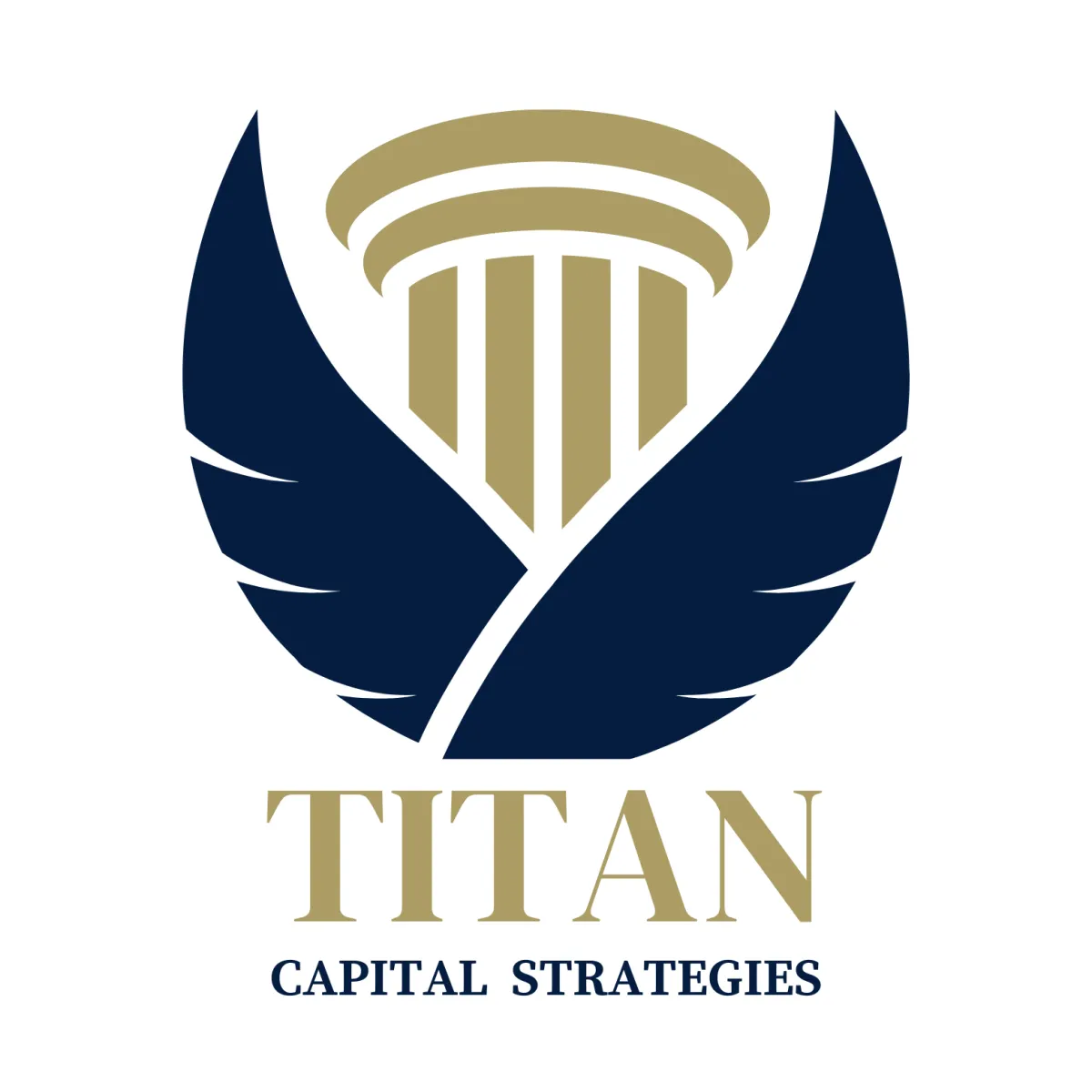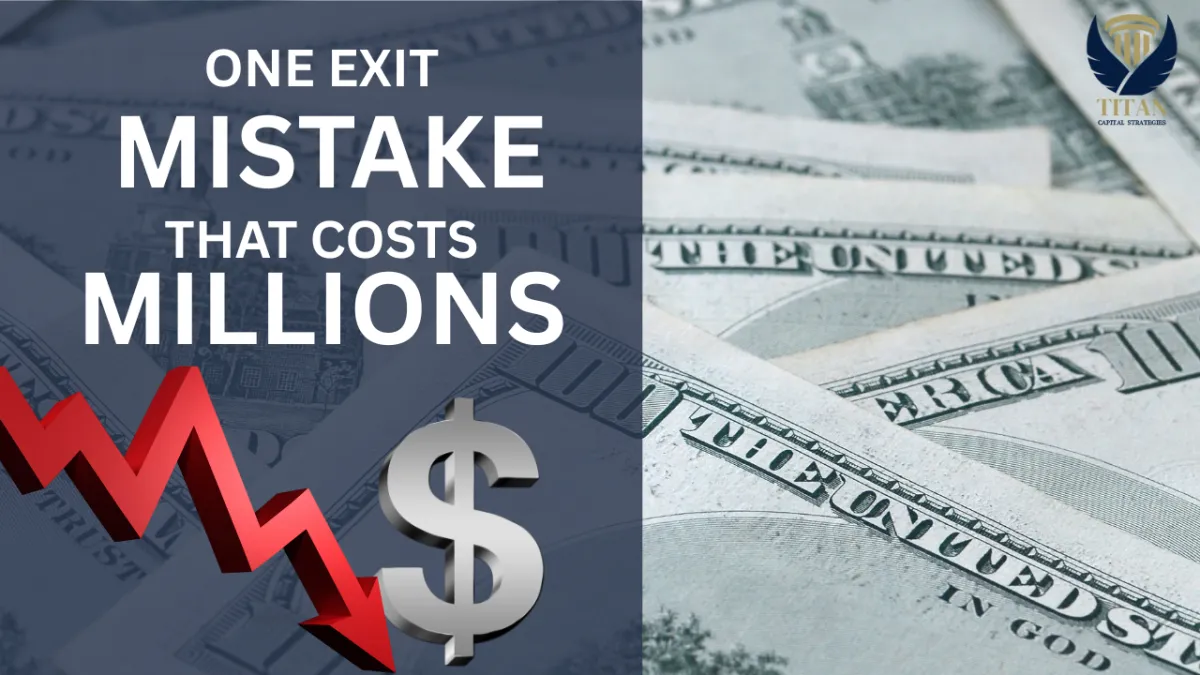

The #1 Mistake Successful Founders Make with Their Exit Plan
Published: June 05, 2025
After years—sometimes decades—of pouring blood, sweat, and capital into building a successful enterprise, many high-net-worth founders find themselves unprepared for the most pivotal financial moment of their lives: the exit.
The Most Overlooked Mistake: Neglecting Holistic Planning
It’s not a lack of planning that undermines most business exits. In fact, many founders are diligent planners. They consult M&A advisors, negotiate favorable valuations, and set up competent management teams. But the critical error lies in not integrating their business exit with personal financial goals, including succession planning, capital gains mitigation, and legacy structuring.
Why Succession Planning Isn’t Just an HR Issue
Many founders think of succession planning purely in operational terms: "Who will run the company when I’m gone?" But true succession planning is also about ownership transfer, continuity of vision, and alignment with long-term family or philanthropic goals. Without a structured plan, the business may survive operationally but falter financially or culturally.
The Capital Gains Trap
Exiting founders are often blindsided by the tax implications of a sale. Without proactive strategies, capital gains taxes can eat away a substantial portion of the sale proceeds. Advanced planning can help mitigate this—such as setting up a Charitable Remainder Trust (CRT), Qualified Small Business Stock (QSBS) exclusion (if applicable), or other tax-efficient vehicles. These tools not only preserve wealth but can also redirect capital toward philanthropic or intergenerational wealth goals.
Structuring a Legacy Beyond the Balance Sheet
A successful exit should empower a founder to shape a lasting legacy. That might mean creating a multi-generational family office, endowing a charitable foundation, or simply ensuring children are financially prepared without being financially dependent. Legacy structuring involves more than distributing assets; it requires aligning values, educating heirs, and establishing governance.
How to Avoid the Mistake
The key is integrated planning. Your business exit should be treated not just as a financial transaction, but as part of a larger wealth strategy. Working with advisors who understand both corporate finance and personal wealth planning can mean the difference between a good exit and a great legacy.
Schedule a 20-Minute Personalized Exit Strategy Session
Want to make sure you’re not leaving millions on the table? Let us help you align your business exit with your long-term goals.
© Copyright 2025. Titan Capital Strategies. All rights reserved.
Disclaimer:
The information provided on titancapitalstrategies.com is for general informational purposes only. While we strive to ensure accuracy, titancapitalstrategies.com makes no warranties or representations regarding the accuracy, completeness, or reliability of the content on this Website. By using this Website, you agree to do so at your own risk. We are not liable for any damages arising from your use of the Website. Please review our Terms of Service and Privacy Policy for more information.